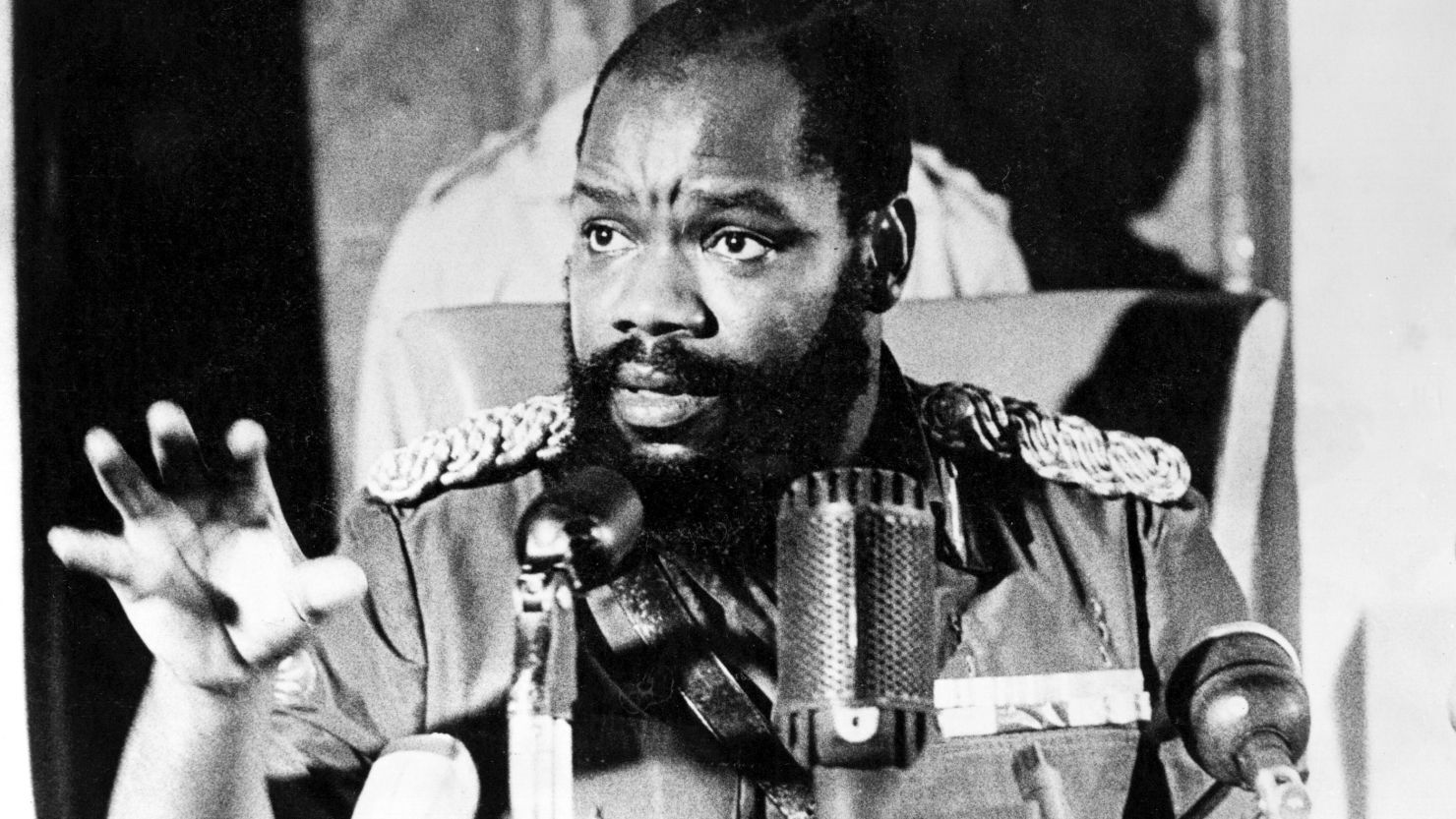Early Life and Education
Chukwuemeka "Emeka" Odumegwu Ojukwu was born on November 4, 1933, in Zungeru, Nigeria, during British colonial rule. He was the son of Louis Odumegwu Ojukwu, a wealthy and influential Igbo businessman. Ojukwu began his education at CMS Grammar School and King's College in Lagos before transferring to Epsom College in Surrey, England. He earned a master's degree in History from Oxford University in 1955. After completing his education, he returned to Nigeria in 1956 and joined the civil service as an Administrative Officer in Udi.
Early Career
Seeking to break away from his father's influence, Ojukwu left the civil service in 1957 to enlist in the Nigerian Army as a non-commissioned officer. Despite the challenges, he received an officer's commission in 1958 and underwent further military training in Ghana and the United Kingdom. He served in various capacities, including peacekeeping missions in the Congo under Major General Johnson Thomas Aguiyi-Ironsi. By 1964, he had risen to the rank of Lieutenant-Colonel and was posted to Kano, where he commanded the 5th Battalion of the Nigerian Army.
1966 Coups and Events Leading to the Nigerian Civil War
Ojukwu was stationed in Kano during the January 1966 coup led by Major Patrick Chukwuma Kaduna Nzeogwu. He supported the Supreme Commander, Major-General Aguiyi-Ironsi, and was subsequently appointed Military Governor of the Eastern Region. Following the July 1966 counter-coup and the anti-Igbo pogrom, Ojukwu faced increasing challenges in maintaining peace and order in the region. The killings and tensions led to a standoff between Ojukwu and the new head of state, Lieutenant Colonel Yakubu Gowon, which escalated into the Nigerian Civil War.
Biafra
In response to the continued killings of Igbos and the failure of peace efforts, Ojukwu declared the Eastern Region an independent Republic of Biafra on May 30, 1967. This declaration marked the beginning of the Nigerian Civil War. Biafra suffered severe hardships, including famine, and drew international media attention. Despite peace conferences and mediation attempts, the war continued until Biafra surrendered in 1970. Ojukwu fled to Ivory Coast, where President Félix Houphouët-Boigny, a supporter of Biafra, granted him asylum.
Return to Nigeria
In 1981, President Shehu Shagari granted Ojukwu amnesty, allowing him to return to Nigeria in 1982. He attempted to resume political activities, including a Senate run in 1983, though he faced electoral difficulties and was later imprisoned following the 1983 military coup. In 1994, he married Bianca Onoh, his third wife, and had three children. He also ran for presidency in 2003 and 2007, but was unsuccessful.
Death
Ojukwu died on November 26, 2011, in London after a brief illness. His remains were flown back to Nigeria, where he was given a state funeral with full military honors, including a 21-gun salute. He was buried in his hometown of Nnewi after a week-long funeral ceremony attended by dignitaries such as President Goodluck Jonathan and former Ghanaian President Jerry Rawlings.
Legacy
Ojukwu remains a controversial yet iconic figure in Nigerian history. To many Igbos, he is a hero who stood for their survival and autonomy during the civil war. Others view him as a polarizing figure whose decisions contributed to the war's devastation. Nonetheless, his leadership and the humanitarian crisis in Biafra shaped global perspectives on conflict and human rights.
